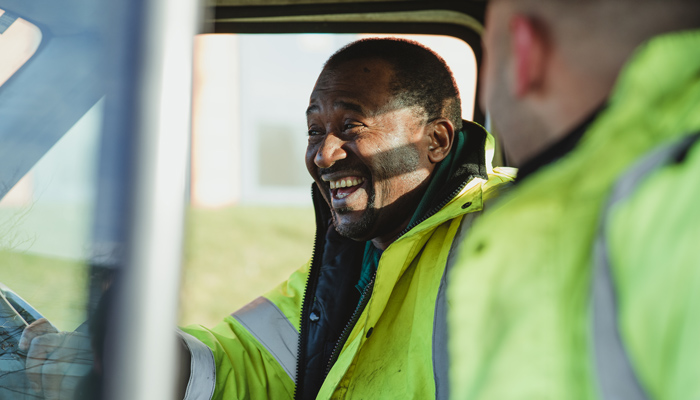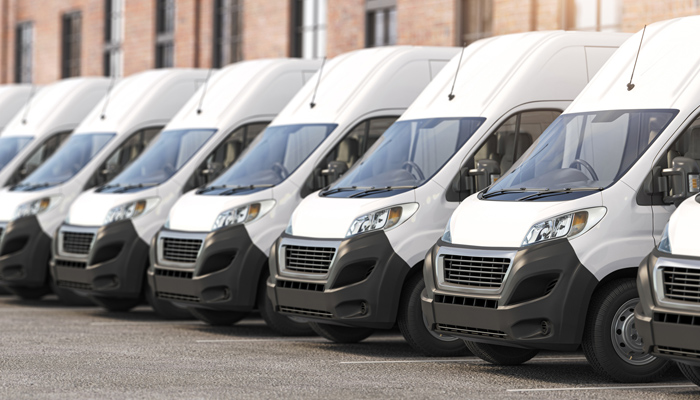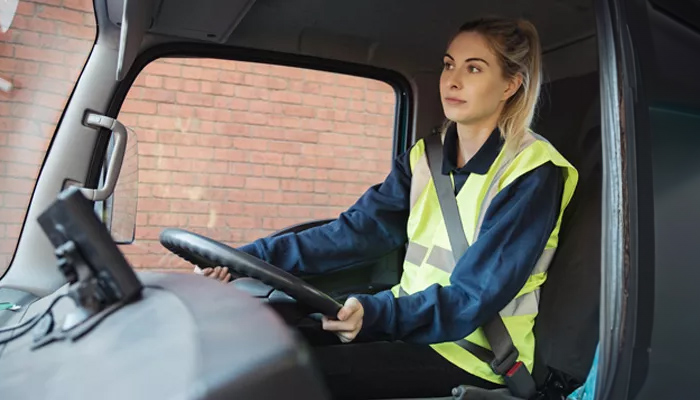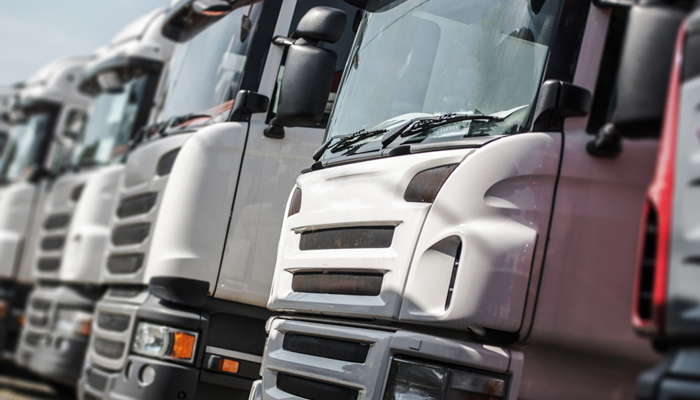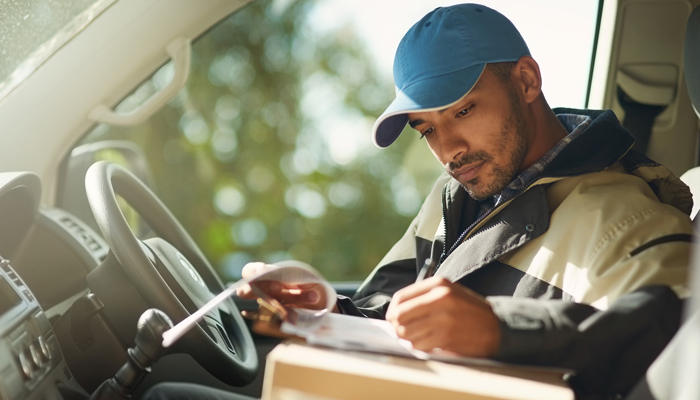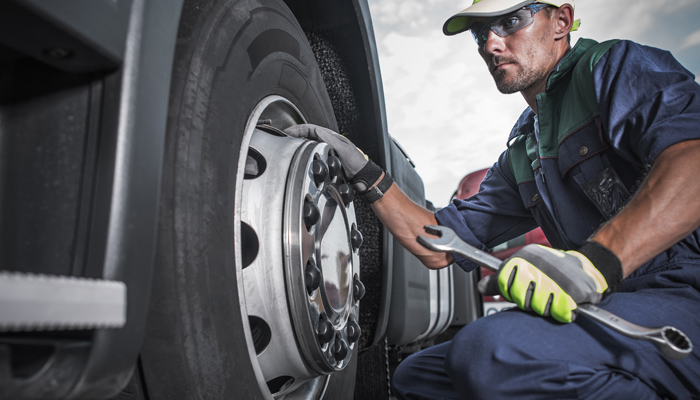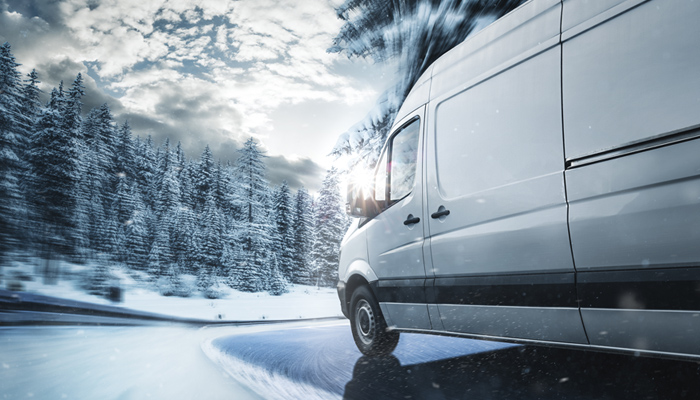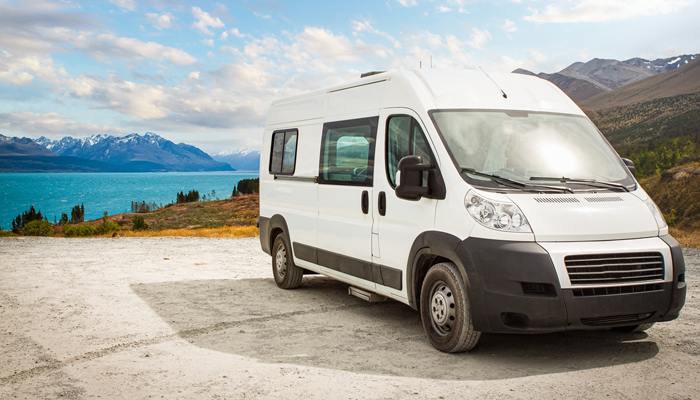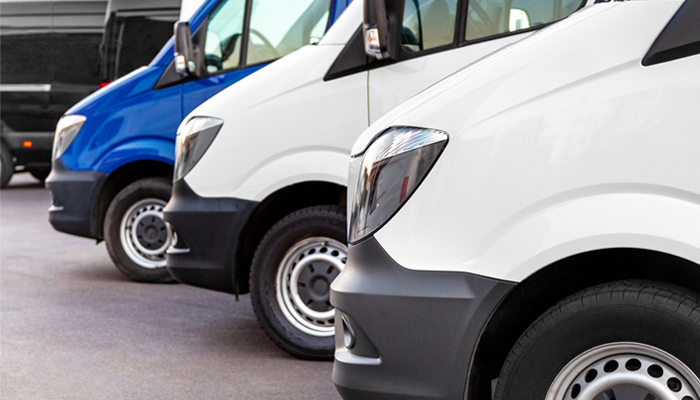Buying a van that works for your business
Buying a commercial van is a big deal – and choosing which model to buy, as well as weighing up the pros and cons of new versus second hand can make a big difference to business.
Of course, there is also the option to lease a van, which can be a good option for small start ups with limited budgets, allowing you to spread the cost of your commercial transport over a typical period of between two and five years.
Here our van insurance experts take a look at the considerations when choosing your van, from the size through to whether to buy new or go for a second hand deal.
What type of van?
When it comes to transporting the tools of your trade, size matters. And the equipment you have now may not be a reflection on the load you need to carry a year, or even six months down the line. Bear in mind too, that as well as your tools your van will need to fit in any supplies needed for a job, so it's important to consider whether, for example, that large commercial boiler will fit into the floor space too.
Engine capacity and resilience may be equally important for you - for heavier loads you may wish to look at larger engine sizes, and if you are going to be doing a lot of stopping and starting, you need to ensure that the engine will be up to the job, but make sure to look into the costs of road tax and van insurance for each type as well. Especially for older vans, this can make a difference.
When choosing your van it is worth shopping around and researching, as you would for a car. Seek recommendations, and always go for trustworthy models and use respected dealers. Looking at what awards vans have won, and why, is another great research tip. Vans of different sizes, and in no particular order, with recent awards include:
-
Ford Transit Custom
-
Renault Kangoo ZE
-
Volkswagen Transporter
-
Fiat Doblo Cargo
-
Iveco Daily
Taking several different makes, models and sizes out for a test drive, especially around the area in which you will be working, will give you a feel for whether the van is up to the job. And consider where you will be parking the van when you're not using it - if it's going to be parked in your domestic driveway, aesthetics may rise in importance and it's also a good idea to make sure it fits!
Buying a Van - New or Second Hand?
There are many good reasons to buying a new van - as well as knowing the exact history of your vehicle, you will be able to choose your specification and the mod cons that it includes to suit your needs exactly. Plus, in today's economic climate you can get some great deals and financial incentives, as well as the perk of no MOT for three years, and warranties to cover any potential issues that may arise.
However, used vans chosen well can offer excellent savings and are often the buy of choice for small businesses and start ups. Here it is of the utmost importance to make sure you know what you're getting before you commit, whether you buy through a van dealer, a van auction site or privately.
Before you start looking, it's a good idea to make yourself an inspection check-list and to have a good think about your budget so that you can make sure you don't exceed it.
Things to consider for your inspection check-list include:
-
Paperwork - ensure you check the V5C Registration Certificate, service history, ownership history, finance history and MOTs
-
Additional costs - research road tax, servicing and van insurance costs in advance
-
Mileage - make sure you check the service history to ensure this hasn't been fixed
-
Engine - if you aren't sure about engines, consider taking someone with you who does
-
Brakes - test these thoroughly and check there's no skidding and that they don't grind, including in an emergency stop
-
Gears - go through all the gears on a test drive to ensure they don't grind and that the clutch is good
-
Wheels - ensure the tyres are at legal levels and also that there is no play or vibration in the steering
-
Controls - check all the buttons and gadgets in the van are working well - and check if there is a hands free telephone option - an invaluable business tool
-
Driving position - move the driver's seat and steering wheel to the position in which you feel most comfortable, and ensure that you are definitely happy with it
-
Vehicle Identification Number (VIN) - check these against the paperwork and ensure everything matches up
Finally, it is also worth checking out the van's insurance claims history of the van to ensure it hasn't been written off in the past, that it isn't stolen and that it is listed as the correct make, model and plates.
Your Van - Your Business
As with any mode of transport, the van that you buy should ultimately be chosen to suit your needs. For many, a work van is the place in which a large amount of time is spent, so when buying a van, ensuring you are comfortable with it, and in it, is essential.
This is a marketing article by Towergate Insurance.
Van insurance from Towergate
We have longstanding relationships with some of the largest companies in the market, including Aviva, AXA, Ageas, LV and NIG, to offer van insurance.
Why not provide your renewal date and our specialist team can help you get a quote at the right time.
About the author
 Alison Wild BCom (Hons), MAAT, MATT, Taxation Technician is a highly respected industry professional who has been working with and advising SMEs in areas including tax, pensions, insurance and marketing for over 25 years. She is a member of the Association of Accounting Technicians (AAT) and Association of Tax Technicians (ATT) and also has over 20 years' experience as a residential landlord.
Alison Wild BCom (Hons), MAAT, MATT, Taxation Technician is a highly respected industry professional who has been working with and advising SMEs in areas including tax, pensions, insurance and marketing for over 25 years. She is a member of the Association of Accounting Technicians (AAT) and Association of Tax Technicians (ATT) and also has over 20 years' experience as a residential landlord.
Date: June 05, 2018
Category: Commercial Vehicle


